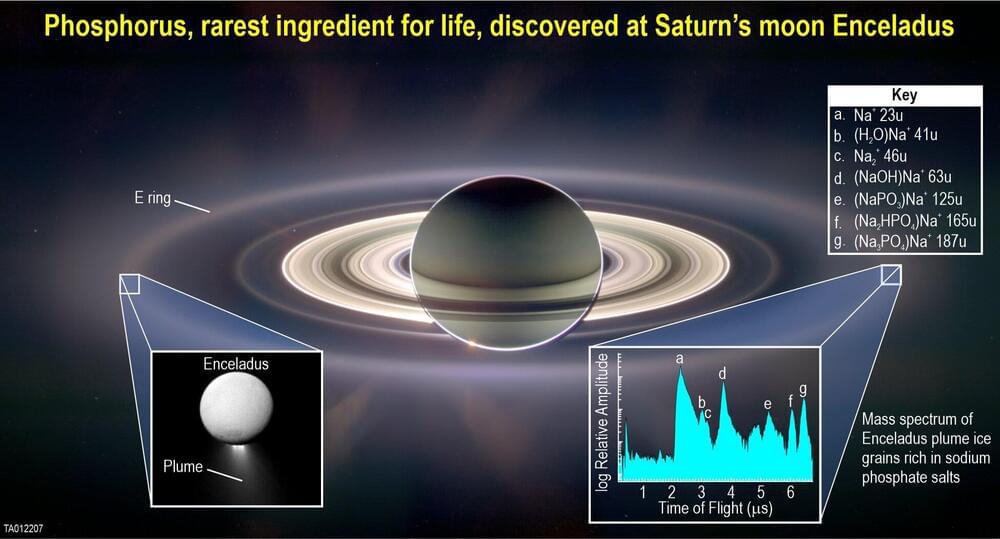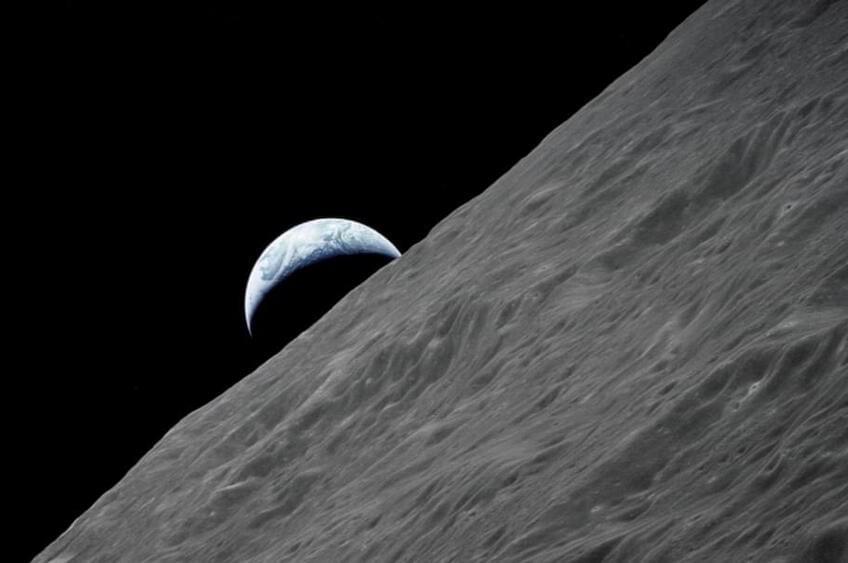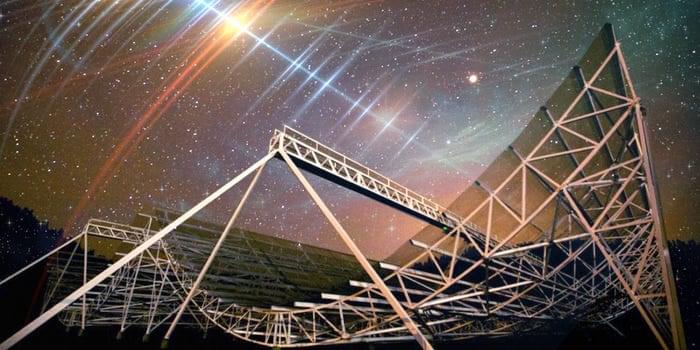Phosphorus detected far from the Milky Way’s center seems to extend the zone where life could exist in the galaxy by thousands of light-years.




A new effort to detect extraterrestrial life will listen for radio pulses coming from the galactic nucleus. Pulsars, which are stars that naturally emit narrow-frequency pulses, are also intentionally used by humans in technology like radar.
These pulses are a useful means of communication over great distances and a desirable target to listen for when looking for extraterrestrial civilisations because they stand out against the ambient radio noise of space.
A recent study that was released on May 30 in The Astronomical Journal by researchers described their approach to looking for alien life.


The search for extraterrestrial life in our solar system just got more exciting. A team of scientists including Southwest Research Institute’s Dr. Christopher Glein has discovered new evidence that the subsurface ocean of Saturn’s moon Enceladus contains a key building block for life. The team directly detected phosphorus in the form of phosphates originating from the moon’s ice-covered global ocean using data from NASA’s Cassini mission. Cassini explored Saturn and its system of rings and moons for over 13 years.
“In 2020 (published in 2022), we used geochemical modeling to predict that phosphorus should be abundant in Enceladus’ ocean,” said Glein, a leading expert in extraterrestrial oceanography. He is a co-author of a paper in the journal Nature describing this research. “Now, we have found abundant phosphorus in plume ice samples spraying out of the subsurface ocean.”
The Cassini spacecraft discovered Enceladus’ subsurface liquid water and analyzed samples in a plume of ice grains and gases erupting into space from cracks in the moon’s icy surface. Analysis of a class of salt-rich ice grains by Cassini’s Cosmic Dust Analyzer showed the presence of sodium phosphates. The team’s observational results, together with laboratory analogue experiments, suggest that phosphorus is readily available in Enceladus’ ocean as phosphates.
Is our future on ice?? Join us, and find out!
Subscribe for more ► https://wmojo.com/unveiled-subscribe.
In this video, Unveiled takes a closer look at a bizarre future that really could come true… human civilisation moving to Antarctica! At present, the icy south is almost entirely pristine, with very few humans ever visiting. But that could all change, and in a big way!
This is Unveiled, giving you incredible answers to extraordinary questions!
Find more amazing videos for your curiosity here:
The Real Search for Alien Life in the Ocean — https://youtu.be/ZbFoD9x1__U
Why Do Scientists Want to Abandon Antarctica? — https://youtu.be/D_UHu7io4K0
0:00 Intro.
Checkout Keysight World Innovate: https://keysig.ht/rX9blU
Could there be universes with more than 3 Dimensions? And if so, could life exist there?
Visit our Website: http://www.isaacarthur.net.
Join Nebula: https://go.nebula.tv/isaacarthur.
Support us on Patreon: https://www.patreon.com/IsaacArthur.
Support us on Subscribestar: https://www.subscribestar.com/isaac-arthur.
Facebook Group: https://www.facebook.com/groups/1583992725237264/
Reddit: https://www.reddit.com/r/IsaacArthur/
Twitter: https://twitter.com/Isaac_A_Arthur on Twitter and RT our future content.
SFIA Discord Server: https://discord.gg/53GAShE
Listen or Download the audio of this episode from Soundcloud: Episode’s Audio-only version: https://soundcloud.com/isaac-arthur-148927746/higher-dimensional-aliens.
Episode’s Narration-only version: https://soundcloud.com/isaac-arthur-148927746/higher-dimensi…ation-only.
Credits:
Alien Civilizations: Higher Dimensional Aliens.
Science & Futurism with Isaac Arthur.
Episode 398a, June 11, 2023
Written, Produced & Narrated by Isaac Arthur.
Editors:
Briana Brownell.
David McFarlane.
Music Courtesy of:


